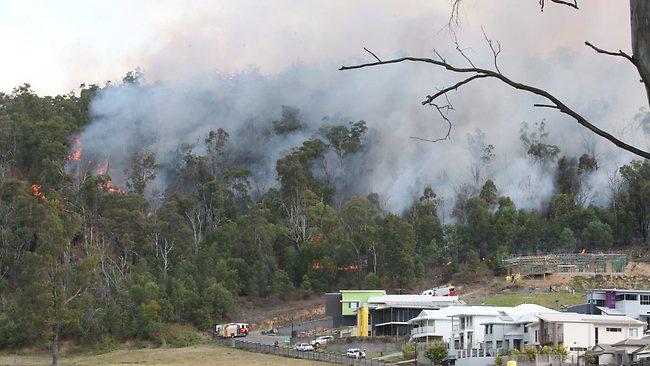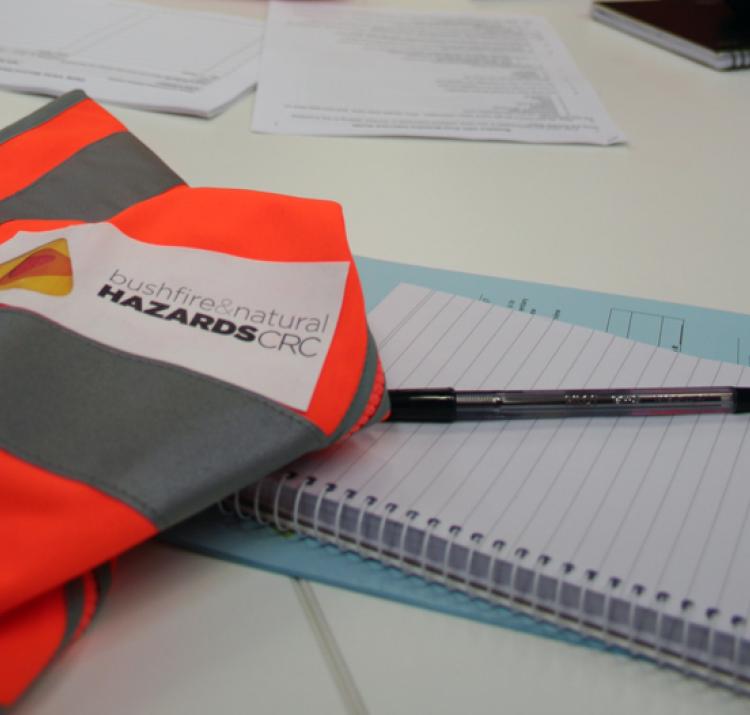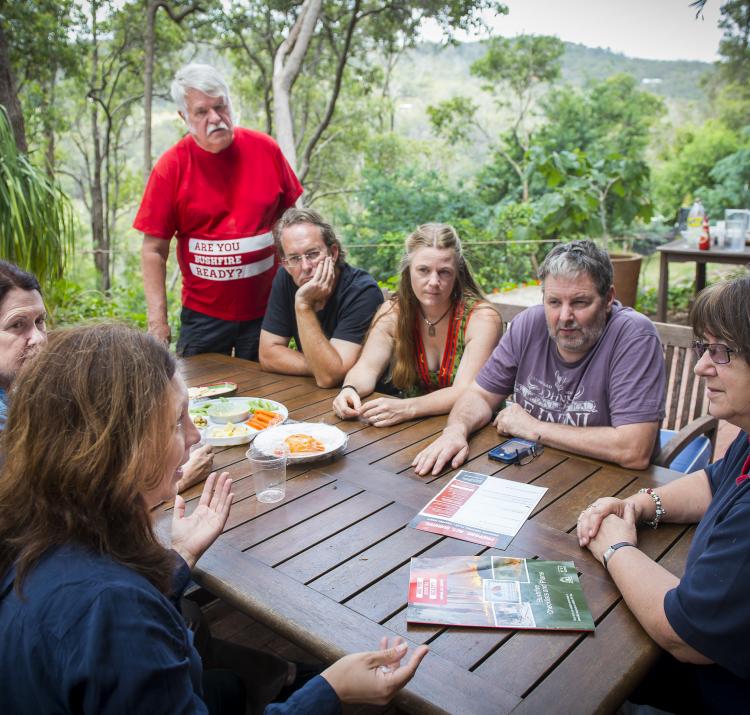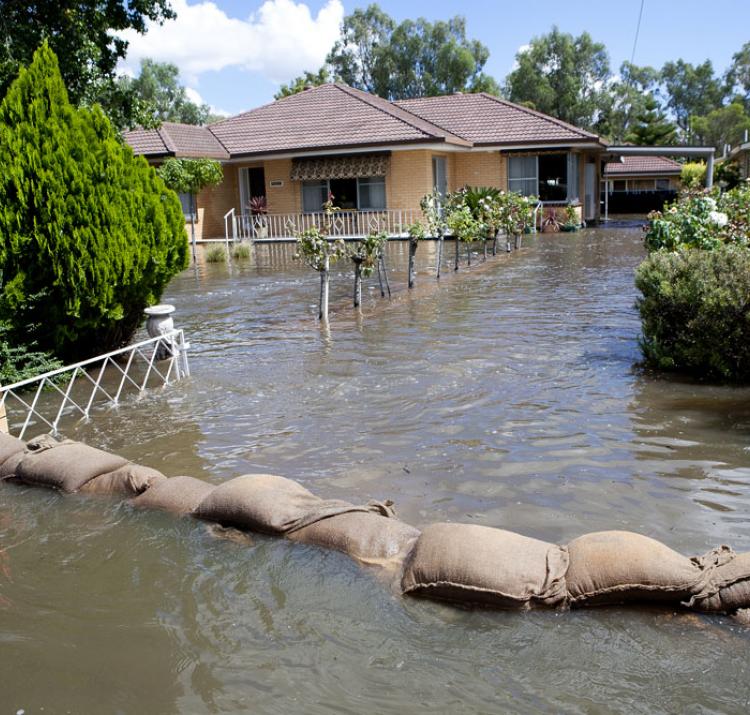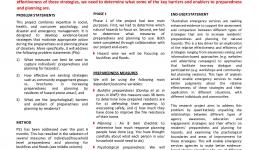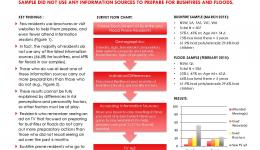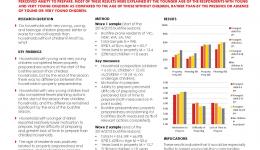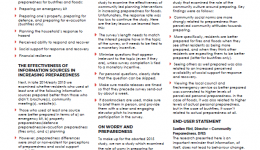Research leader
Research team
End User representatives
The increasing frequency and complexity of natural hazards poses a challenge for community resilience. Communication and education of risk mitigation strategies play an essential role in building and maintaining resilience through preparation and planning by residents.
This project combined expertise in communication, social and consumer psychology, and disaster and emergency management. It identified barriers and enablers in residents’ decision making, preparing, and planning by examining residents’ intended use of different types of triggers for action during hazards. This included when to start evacuating and what information source to use, with the aim of trying to understand why some residents form a better-quality household plan with safer intended triggers than other residents.
Surveys were conducted across bushfire and flood-prone areas in New South Wales, South Australia, Tasmania, Victoria and Western Australia. Findings include that the majority of people do not use official information sources about these hazards, so changing the content in these sources will only have limited overall effect. However, those that do use official information sources are better prepared and more motivated to prepare due to a greater sense of risk perception.
| Date |
Title |
Download | Key Topics |
|---|---|---|---|
| 15 Sep 2015 | Communications and Warnings |
|
communication, multi-hazard, warnings |
| 23 Nov 2018 | How perceptions about community preparedness influence householders' own hazard readiness |
|
communication, communities, preparedness |
| 10 Apr 2015 | Improving the Role of Hazard Communications 2015 NSW RAF Presentation |
|
communication, planning, preparedness |
| 16 Apr 2018 | Improving the role of hazard communications in increasing residents’ preparedness for bushfires and floods |
|
communication, planning, preparedness |
| 17 May 2016 | Increasing preparedness and planning amongst residents of hazard prone areas |
|
communication, planning, preparedness |
| 27 Oct 2014 | Understanding behavioural responses to earthquake shaking using injury data | earthquake, response, risk management |

